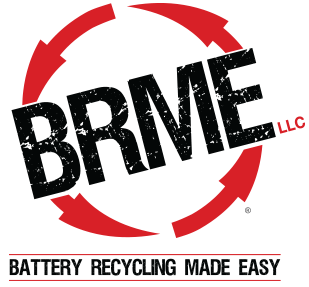Commonly known as the “Household Battery”, it is the most versatile and widely used battery today. According to the US EPA, nearly three billion house-hold batteries are purchased in the United States each year. This amount may be equated to approximately 10 batteries per each individual every year. ¹
The alkaline battery is generally used to provide power to everyday electronic devices. This battery also has several distinct advantages that place it in to a unique category than other batteries. For instance, the alkaline battery is able to perform under light-duty demands for long periods of time. It is resistant to variations in temperature, and it has a long shelf-life. When needed, you may store the battery for two years and find that it will maintain up to 90% of its original stored electrical capacity.
The alkaline battery is grouped by five different sizes and power classifications. In order from small to large sizes, the AAA, AA, C, D, and 9-Volt are universally known as belonging to the Alkaline Battery Family. The bigger size cylindrical units, C and D, are designed to generate more power (electrical current) based on a greater demand over a duration of use. The converse applies to AAA and AA cylindrical batteries, supplying power (electrical current) for a light duty demand. The only exception to this rule is the 9-Volt Rectangular-Battery, which is designed to supply more power than the D-Cell at any one time.
Alkaline batteries are available in two classes, standard and premium. Standard alkaline batteries are generally used in low-demand applications, such as remote controls and smoke alarms. The premium version is best suited for high-demand requirements, such as flash-lights, digital cameras, and commercial duty.
¹ Ohio Environmental Protection Agency, the Office of Compliance Assistance and Pollution Prevention, October 2010, Household Batteries.
Making good and efficient use of batteries is one of the best ways to prevent a negative impact on health and the environment. Here are a few tips that will help you manage batteries better:
- Purchase only what you need.
- Consider Rechargeable Batteries in an application that has high-demand, i.e., portable-power tools, cameras, and recording devices.
- If you purchase extra household batteries for future use, or an emergency, then take advantage of the best product expiration date available.
- Store unused batteries in a cool place.
- Do not try to recharge the household battery, it may overheat and damage the device.
- Only a few companies in the United States will accept Household Batteries for recycling. When needed, give BRME a call to discuss your recycling need.
Learn more about battery recycling call 678-721-0022.
